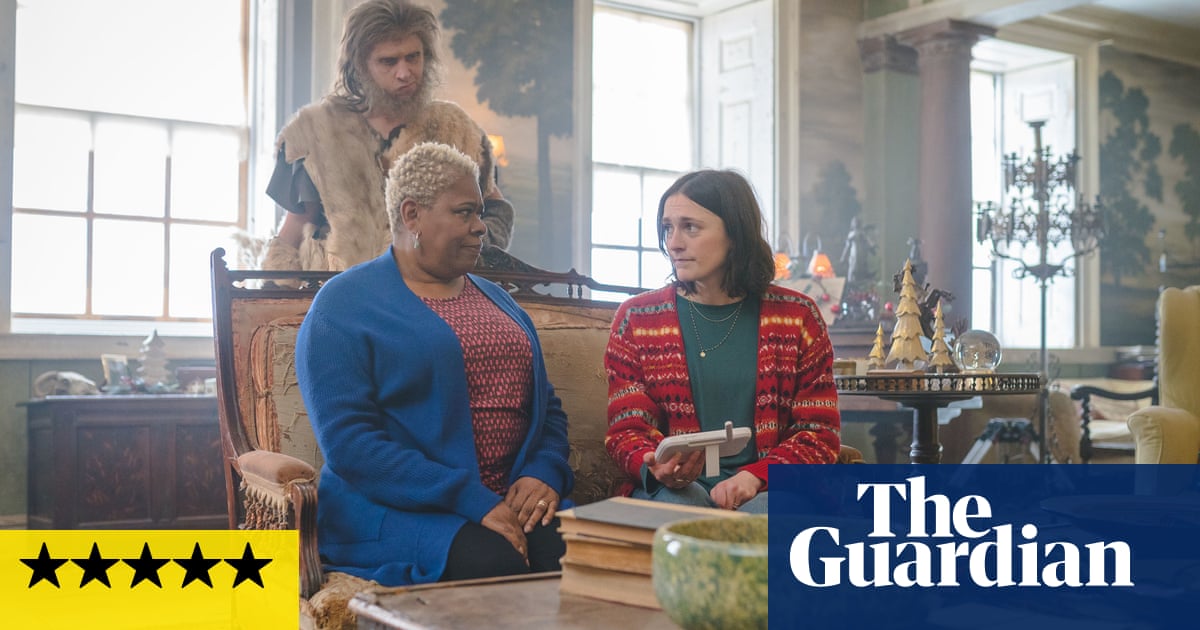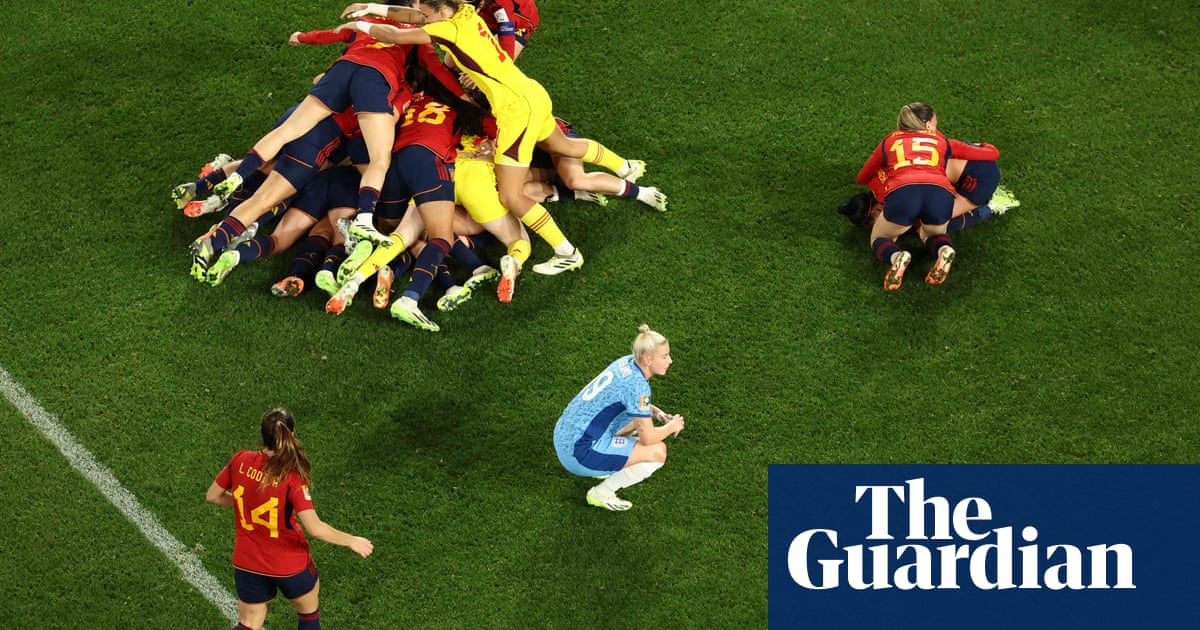
t’s no coincidence that so many people discovered Harold Budd’s music this year. Restrained and sedate – even sedative – the disembodied drones and rapt minimalism of 1978’s The Pavilion of Dreams and 1984’s The Pearl feel as if they’d been made to confront unsettled times. His albums are a gateway to a beyond and an invitation to exist, however briefly, above yourself. As he continues to be added to playlists curated to help listeners focus, unwind and, yes, navigate “unprecedented times”, the musician – who died this week aged 84 – is the closest thing contemporary music has come to engendering pure solace in sound.
As an avant garde composer since the early 1960s, Budd spent six decades as a master of marrying the majestic with the meticulous. Alongside the likes of Hiroshi Yoshimura, Steve Roach and Brian Eno – with whom he teamed up on several releases including 1980’s sublime Ambient 2: The Plateaux of Mirror – his music mined empty space to reveal vast scenes of grandeur. Like pacing through a city at rush hour listening to William Basinski’s The Disintegration Loops, or settling into Eno’s Music for Airports as you take a seat at a boarding gate, his music invites solipsism: viewing the world through your own private joys and anxieties.
The core Budd sound of yearning piano motifs and reverb-laden impressionism is often called minimalism. But compared with the cyclical craft of Steve Reich and early Philip Glass, his low-key, expansive forays felt deftly maximalist. This has made Budd’s craft synonymous with the dreamworld. An heir to Satie and Debussy, his music was treated and poetic, never kneejerk nor incautious. The disembodied mantras of 1986’s Lovely Thunder, for instance, have guided countless listeners through the nebulous no man’s land between consciousness and sleep.
Budd didn’t care for the “ambient” mantle he’s so strongly associated with. “The word ‘ambient’ doesn’t ring a bell with me,” he said. “It’s meant to mean something, but is, in fact, meaningless. It’s not relevant for me. My style is the only thing I can do well. I don’t think about genres. I don’t think about labels, they don’t have meanings.” Like Jung, Buñuel or Dalí, Budd knew that the unutterable quality of just being a human in the world meant much more than any label or attribution.
Though ostensibly secular, his best work was remarkably beatific. Take 2005’s Avalon Sutra/As Long As I Can Hold My Breath, or Madrigals of the Rose Angel, his 14-minute opus from Pavilion of Dreams. Melding harp, piano and celeste with choral vocals, the latter is a feat of melancholia that feels like a template for Radiohead at their best. Guiding it all was Budd’s intuitive grasp of economy and making every gossamer phrase count. As he traversed vast oceans of feeling, each passing depth seemed worthy of special consideration.
Collaboration helped to reveal the sheer breadth of Budd’s talents. Having grown up with a love of jazz trailblazers such as Lennie Tristano, his work with Eno, Cocteau Twins, XTC’s Andy Partridge and myriad others from the late 1970s revealed swathes of new colour in a palette that was already polychromatic. Though he “retired” in 2004 aged 68, he couldn’t stay away. Just last week, his final collaboration with Cocteau Twins’ Robin Guthrie, Another Flower, doubled as a parting statement from an artist who broke new ground right until the end. Having once said “art without risk is not art”, Budd committed his life to moving forward, rather than squandering precious time on nostalgia.
Speaking about his debut book of poetry, Colorful Fortune, in 2009, he noted that his occasional written work in the past was “something like poetry, but not the same thing” – he had an almost zen-like regard for what is not, just as much as what is. His music will remind many of us of trying to silence the static at the end of a day in lockdown, but even as we collectively make strides toward less unsettled times, that same genius will remain a haven for the soul.












